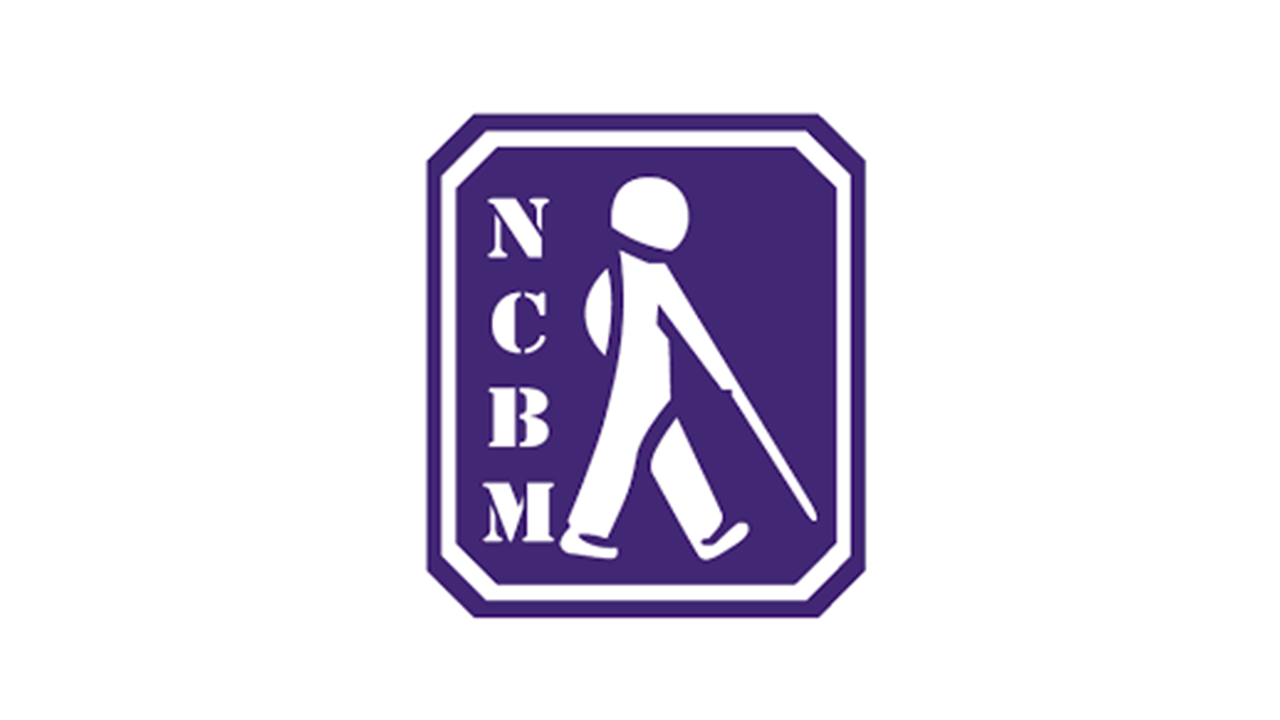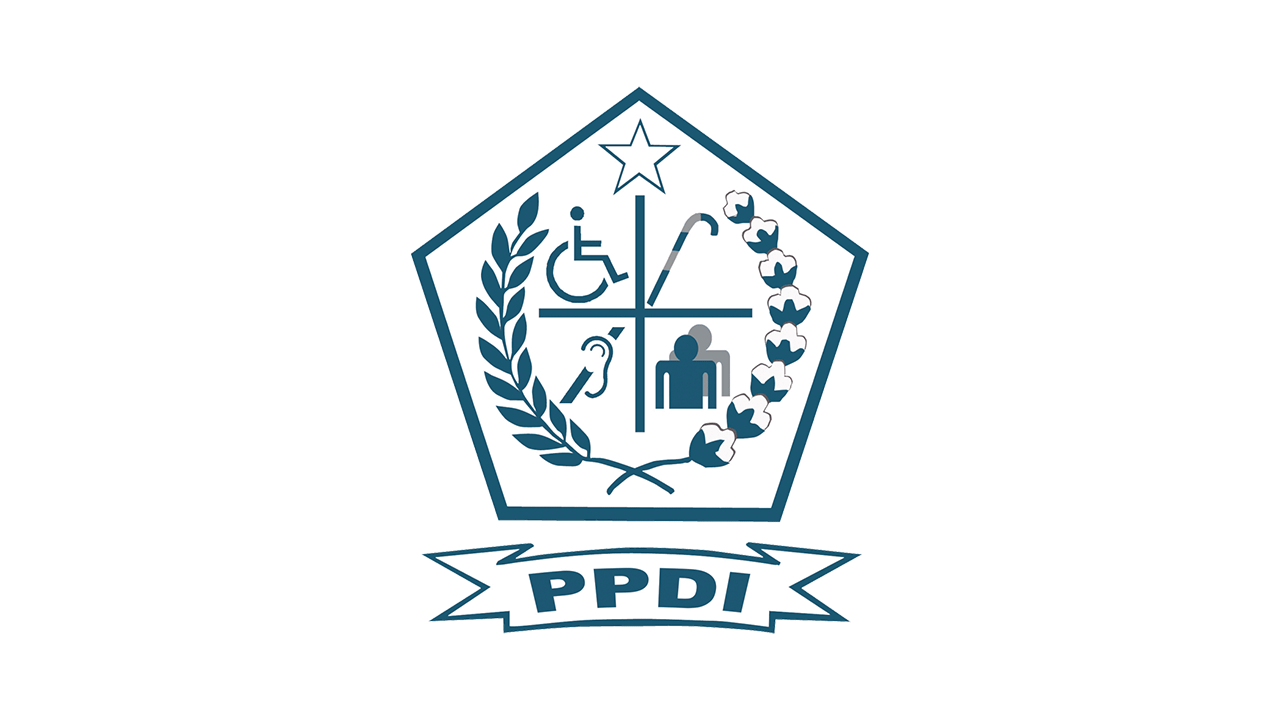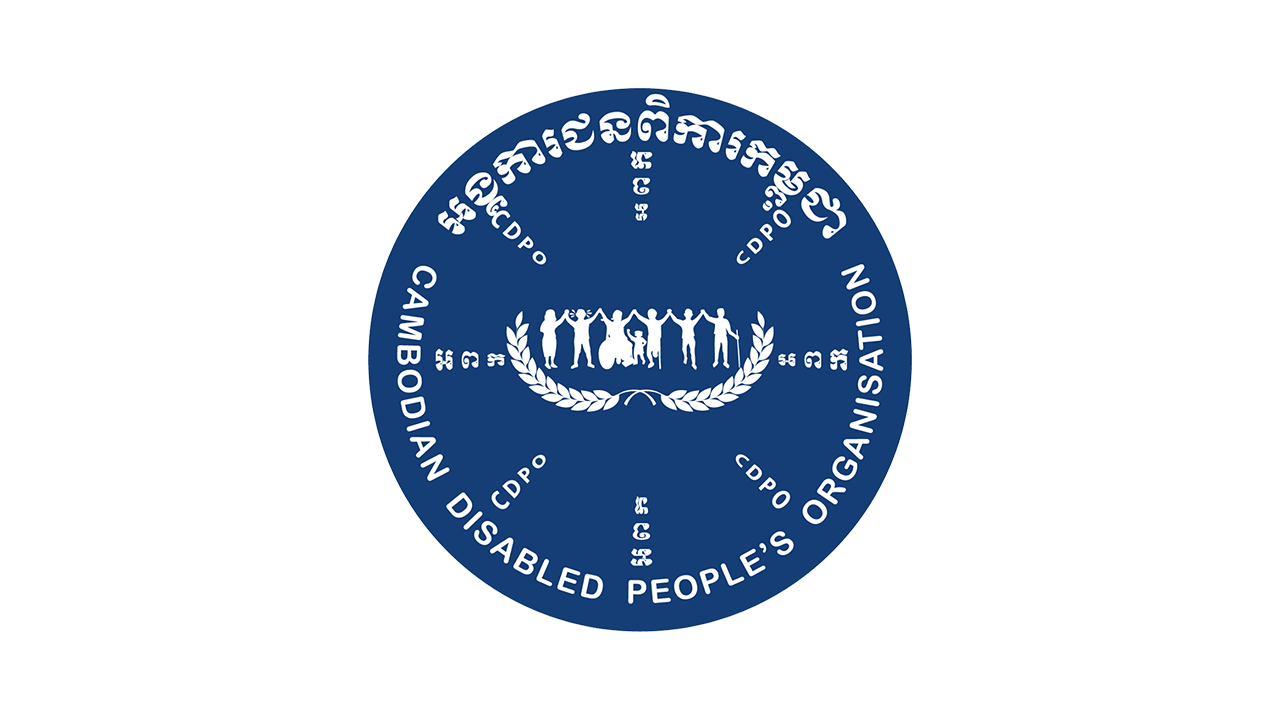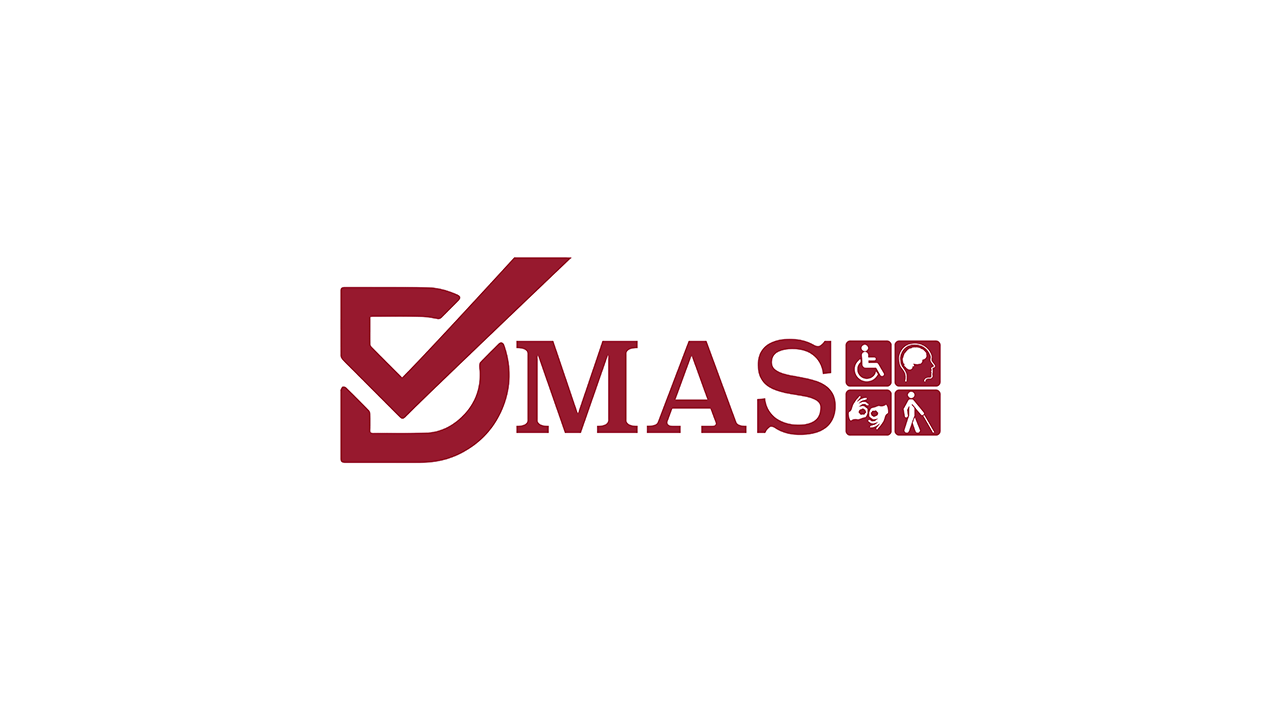On 17-18 October 2012, AGENDA organized a tryout for the training module on accessible election that is intended to train Election Management Bodies officers in Southeast Asia countries. The purpose of the tryout is to test whether the training package is already suitable for the targeted audience. The event took place in Cisarua, a city lies about 100 kilometers from Jakarta. There were 20 participants invited, consisting of the commissionaires of KPU Jakarta, Bawaslu (national bureau of election monitoring), Panwaslu (the election monitoring body at provincial level), and PPK (district election committee). Participants are expected to give inputs on the training materials, teaching methods, presentations, games, role play, facilitators, and logistics.
The training module covers materials that EMB should learn, namely the foundation of political rights of persons with disabilities, what their rights are, a closer look on disability issues, how to establish an accessible election, what aspects should be monitored in terms of accessible election, and what role every stakeholder must take to ensure that accessibility is integrated in all stages of election.

One of the most memorable parts of the training is the sensitivity session, in which participants had a taste of how it feels like to be blind and to use wheelchair. This session is aimed to raise their awareness of how important accessible environment is as well as introducing them through direct experience the difficulties that are faced by persons with disabilities and learn how to interact with them. The participants, blind-folded and confined to wheelchairs, were asked to reach the designated spots around the training vicinity. During the role play, they began to realize the importance of creating a barrier-free environment and the impact of inaccessible facilities to their mobility, which lead to other aspect of persons with disabilities life, including participation in election. Inaccessible polling station is one of the causes of the low turnout of voters with disabilities.
Besides learning, the participants also had an opportunity to have a dialogue with DPO at the last session. This two-way dialogue is aimed to start a relationship between electoral stakeholders and persons with disabilities community. In this way, all parties can establish collaboration and planning on programs related to accessible election.
At the end of the tryout, participants stated that they gained a lot of new insights and that the training will be beneficial for their work. They also agree to make an effort to put what they have learned into practice and ensure that persons will disability can enjoy their rights fully in the election.










